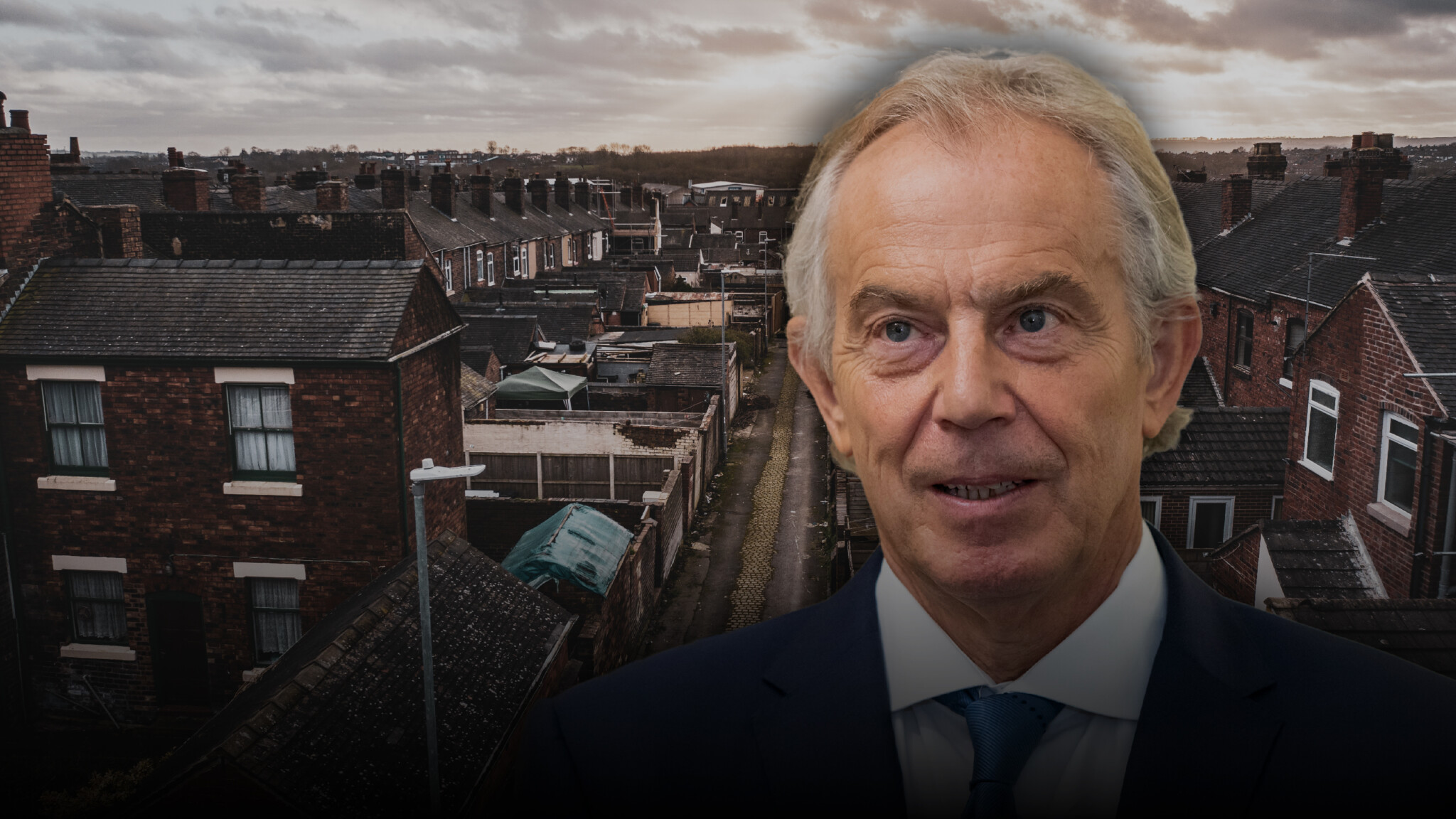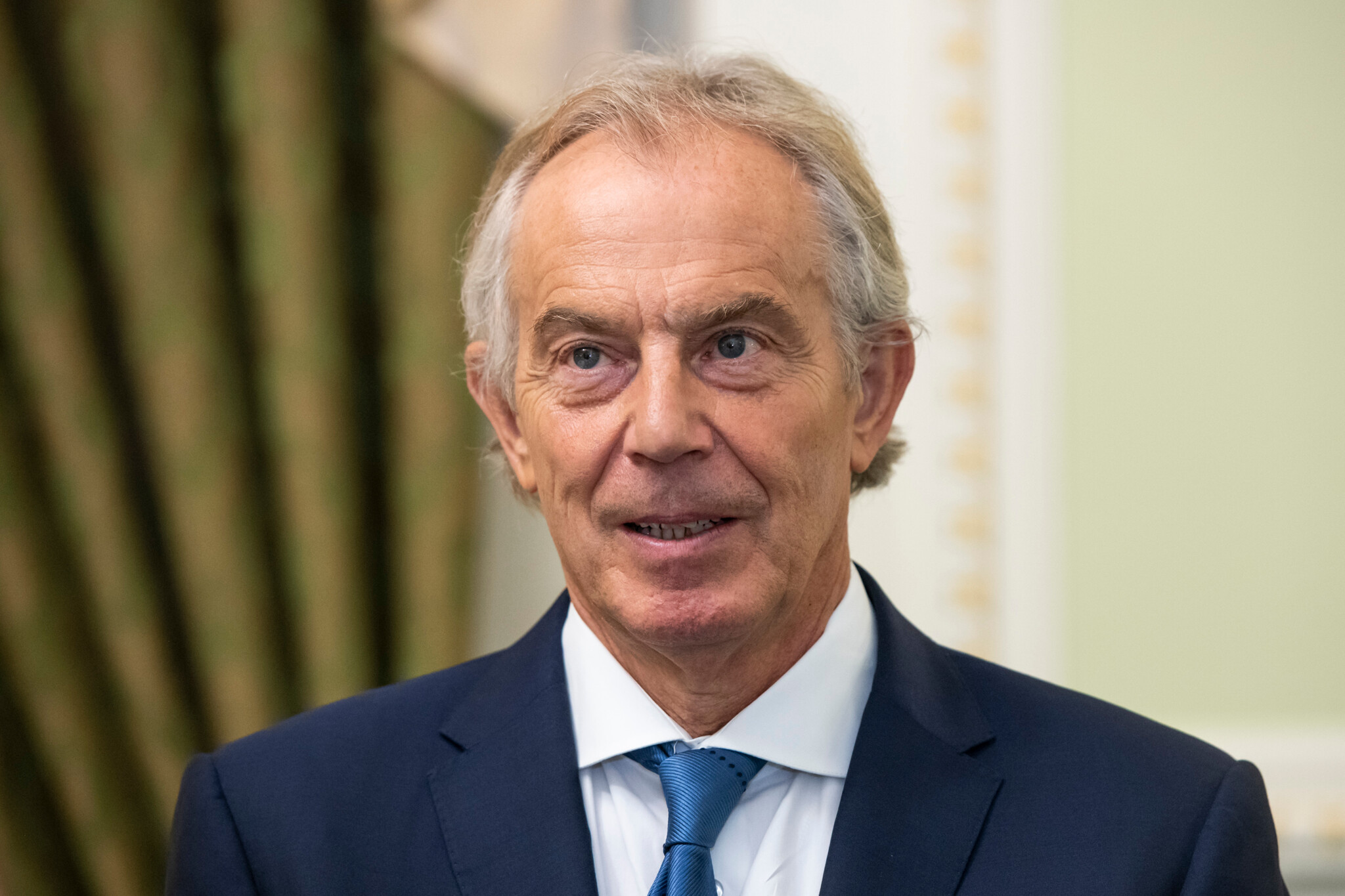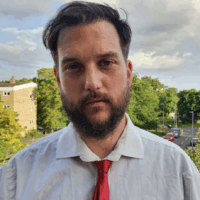
Winds of the World, give answer! They are whimpering to and fro—
And what should they know of England who only England know?
The poor little street-bred people that vapour and fume and brag,
They are lifting their heads in the stillness to yelp at the English Flag!
I visited the National Gallery recently to see the Vincent Van Gogh exhibition “Poets and Lovers“, held to commemorate the museum’s 200th anniversary. It was a rare opportunity to see the Dutch painter’s most famous works in one place. What should have been a calm moment of reflection and aesthetic appreciation of one of the most influential figures in Western art felt more like checking in at an airport.
Because of the high demand, the display was timed to avoid overcrowding, but this did little to prevent a backlog: the queue was long, bags were being checked under new rules, anyone found with liquids had them confiscated, metal detectors were in use, and security personnel were patting down visitors in the lobby.
In October 2022, two Just Stop Oil activists entered the gallery and threw soup on Van Gogh’s Sunflowers (1888). The pair were arrested on suspicion of causing criminal damage and later jailed for their attention-seeking stunt. Politically motivated cultural vandalism undermines the implicit structure of trust that underpins many social arrangements and events. When activists engage in this sort of protest, galleries and museums are more likely to isolate their cultural items from the public. Paintings and artefacts that can once be seen up close will eventually become distant sights, behind thick perspex glass and with a security guard lurking just a few feet away.
Politically motivated cultural vandalism undermines the implicit structure of trust that underpins many social arrangements and events. When activists engage in this sort of protest, galleries and museums are more likely to isolate their cultural items from the public. Paintings and artefacts that can once be seen up close will eventually become distant sights, behind thick perspex glass and with a security guard lurking just a few feet away.
It’s a microcosm of modern Britain. The institutions that served as the framework that held us together have collapsed. Marriage rates are declining, the church is mostly ignored, and fertility rates have reached an all-time low. Our collective retreat from these institutions has dramatically weakened us, both as individuals and as a nation.
As a result, we have grown increasingly selfish and materialistic. Without a shared moral value system, the concept of civic responsibility dies. A walk down a typical British high street reveals the absence of the common good in public life. The pavement is littered and bus shelters vandalisedm windows smashed and tagged with graffiti. Food is now security-tagged and chained to the wall, while expensive products are kept behind glass cabinets.
Shoplifters steal with impunity, taking advantage of a lenient judicial system. According to the British Retail Consortium (BRC), shoplifting increased from 7.9 million last year to an astounding 16 .7 million in terms of retail-recorded crime. The BRC estimates that customer theft cost British stores £1.8 billion last year, more than double the previous year.
A police officer on British streets used to offer a sense of safety and confidence to the public. They are nowhere to be seen today. When you find one, they are more concerned with recording “offensive” language as non-crime hate incidents than with solving crime. Over two million crimes went unsolved in England and Wales in the year ending June 2023, with only 6% of crimes resulting in a charge or summons.
This is particularly evident in London. Over a quarter of the 50,000 violent and sexual offences with knives reported nationwide last year occurred in the capital. In 2021, the number of youths killed in London reached an all-time high. Black Londoners are disproportionally represented in knife crime statistics. Despite making up 13% of the population, black men account for 53% of fatal stab victims and 45% of offenders. However, London Mayor Sadiq Khan opposes the call to increase stop-and-search because he believes it constitutes racial profiling. Despite that, Sadiq Khan was knighted in the New Year’s Honours.

Knife crime is surging in London, with Black men overrepresented as victims and offenders — yet Mayor Khan resists stop-and-search over profiling fears.
A low-trust society frequently results in a zero-sum game. Because of the rampant surge in shoplifting, British consumers now pay a 10p “crime tax” on each transaction to offset the costs of theft and security. When items are stolen, retailers must raise their prices or close entirely. This leaves vulnerable people without access to groceries. Contrary to popular belief, poverty doesn’t cause crime; rather, crime causes poverty.
A high-trust society can only exist with respect for the rule of law and its citizens maintain a certain degree of ethnic and cultural homogeneity. Despite what relativists and advocates of multiculturalism argue, not all cultures are equal. Consider Islamic honour-based violence. According to data, there were 2,594 cases of honour-based violence (including female genital mutilation, rape, forced marriage, and assault) in 2022, up sixty% from 2020 and 193% since 2016. When you consider that acid attacks on women — which were formerly limited to the Middle East and Southeast Asia — had risen 75% in Britain in a single year, you might think it was a homegrown crime.
The Labour government’s route to Downing Street rests on preference falsification. As any political science student will tell you, power will always look to enlarge itself. Power, as Bertrand de Jouvenal wrote, “lives for its sake and for its fruits”. Keir Starmer attempted to appeal to disillusioned Conservative voters fed up with the party’s abysmal record on immigration. In reality, there is little difference between the two parties. During the last six years of Conservative rule, over 150,000 undocumented migrants crossed the English Channel. The BBC reported that 36,816 migrants entered Britain via this route in 2024, with 23,000 of them arriving since Labour won the election in July.
The importation of thousands of people with little to no prospect of integration has sparked public outrage, with taxpayers forced to spend billions of pounds to house migrants in hotels while they await asylum decisions. Instead of being deported, asylum seekers are free to roam the streets. When Kurdish immigrant Brwa Shorsh shoved a man in front of a passing train, he had twelve convictions for twenty-one offences, yet continued to sleep homeless on the streets of London.
The failure of Labour and Conservatives, commonly known as the “uni-party”, has resulted in a growing public disdain for politics. Dame Sara Khan conducted a survey that revealed widespread dissatisfaction with the mainstream political parties. 45% of people never trusted the government to prioritise the nation’s interests, regardless of which party was in power. This figure has doubled in four years.
It is not only illegal immigration. In the last thirty years, the percentage of foreign-born people living in the UK has almost tripled. The Office for National Statistics reports that 1.1 million foreign nationals have arrived in Britain every year since 2021. While 10% of these were EU nationals, the vast majority were from India, Nigeria, and Pakistan. According to The Telegraph, foreign nationals are nearly four times more likely to be arrested for sexual crimes than British citizens. For all offences, 48 nationalities have a higher per-capita arrest rate than British suspects. We import, rather than deport, criminals.
When you treat a nation like a commodity, there is no incentive to assimilate. Failing to integrate has led to a sectarian religious feud between Sunni and Shia Muslims over the screening of an Islamic film, interethnic rioting between Hindu nationalists and Islamists, and radical Islamic preachers calling for a jihad on London’s streets. Meanwhile, our ruling class’ cowardice in the name of political correctness has resulted in a long-standing failure to investigate men of Pakistani heritage who abused thousands of young white working-class girls in dozens of towns and cities nationwide. Ten years after the Jay report revealed the extent of sexual abuse of children in Rotherham between 1997 and 2013, prosecutions continue. In September last year, seven men of South Asian heritage were sentenced to 106 years in prison after being found guilty of sexually abusing two teenage girls in Rotherham.
When you treat a nation like a commodity, there is no incentive to assimilate. Failing to integrate has led to a sectarian religious feud between Sunni and Shia Muslims over the screening of an Islamic film, interethnic rioting between Hindu nationalists and Islamists, and radical Islamic preachers calling for a jihad on London’s streets.
Identity politics is fertile ground for sectarianism. Tahir Ali, a Labour MP, called for the introduction of blasphemy laws in Britain in December. The politician is ideologically captured by the electorate. Muslims account for 57.5% of the electorate in Ali’s Birmingham constituency of Hall Green and Moseley. He is catering to a large section of his voters. According to a survey conducted earlier this year, 52% of Muslims in the United Kingdom support legislation prohibiting the display of cartoons and images of the Prophet Mohammed within the next twenty years.
It’s the same across Europe. The majority of countries that have opened their borders have experienced an increase in crime and terrorism. When then-German Chancellor Angela Merkel welcomed the third world into Germany in 2015, she imported the world’s problems. Twenty years ago, armed police did not patrol Christmas markets, and Syrian Islamists did not attack music festivals. Europe is experiencing, what Samuel Huntingdon called, the clash of civilisations.
Voters have complained about the number of people entering the country for years; 90% of constituencies want immigration reduced. We are witnessing a preference cascade as the British public now realises that our thirty-year experiment with multiculturalism has been a deliberate act of slow-motion suicide.
It has shifted the Overton window to the right. Conner Rousseau of the left-wing Belgian Vooruit party acknowledged that multiculturalism had failed, whilst Sahra Wagenknecht’s nascent “left-conservative” party in Germany is vehemently anti-immigration. So much so that Björn Höcke, the AfD leader in Thuringia, invited the former communist party member to join their party.
The young, particularly Gen Z males, appear to be the key driving force behind this. Alice Evans, a senior lecturer at King’s College London, believes that there is a “great gender divergence” among people under thirty. Dr. Evans’ research reveals a growing political split between young women aged 18 to 29 and their male counterparts. Young men appear to be growing more right-wing, especially in Germany and the United Kingdom, where they are around 30% more conservative than women.
Younger Germans are more actively opposed to immigration than previous generations, and the right-wing Alternative for Deutschland is gaining popularity among voters under the age of thirty. Following the federal election on February 23, in which the AfD came in second place, 21% of 18-24 year olds voted for the party. In Poland’s parliamentary election, nearly one-fifth of all young men between 18 and 29 voted for the hard-right Konfederacja (Confederation) party.
This ideological divide appears to be the start of a backlash from some of the more traditional liberal countries. Scandinavian countries have planned or imposed bans on cousin marriage, a tribal custom common in Pakistan, the country of origin for many migrants to the West. Sweden, a bastion of centre-left liberalism, has reined in its more excessive immigration policies. Ulf Kristersson, the prime minister, announced a few months ago that net migration had been reversed. For the first time in fifty years., the country achieved net emigration.
None of this had to happen. Western elites, in their collective arrogance, bought into the idea that diversity is a strength. The electorate had no say on the issue; we were never asked. They’ve arrogated to themselves the power to change the law arbitrarily — elaborate hate speech statues exist to stop the electorate from questioning this fashionable shibboleth. The consequences of decades of uncontrolled immigration are obvious: crime, terrorism, grooming gangs, religious courts, forced marriage, and honour killings. The revealed preference appeared at the ballot box: Europeans, both politicians and voters, have shifted to the right or embraced populism.
None of this had to happen. Western elites, in their collective arrogance, bought into the idea that diversity is a strength. The electorate had no say on the issue; we were never asked. They’ve arrogated to themselves the power to change the law arbitrarily — elaborate hate speech statues exist to stop the electorate from questioning this fashionable shibboleth.
A high-trust society promotes cooperation, social cohesion, trust in democracy, and respect for the rule of law. This is important for the development of social capital and quality of life. Japan, an ethnically and culturally homogeneous country, serves as an example. For years, the country has enforced strict asylum regulations. In 2018, 42 asylum seekers were admitted out of approximately 10,000 applicants. Of the 3 million foreigners living in Japan, almost half are from China and South Korea, which are noted for their strong work ethic and willingness to assimilate. Japan boasts one of the world’s lowest homicide rates, clean streets, and women feel safe walking the streets at night.
As bleak as this may seem, I do not wish to sign Britain’s death warrant.
The myriad variables that contribute to a decline in trust are reversible. That will come from two fronts: a party willing to halt an out-of-control immigration system, and a fundamental revaluation of our moral foundation. Fortunately, a more socially and culturally conservative generation is following us.
I oppose the magic soil principle, which holds that if you are born in England, you automatically become English regardless of your ethnicity. This is a country steeped in history and tradition. A high-trust society is based on the observed customs of an organic community, built over centuries — some native born Britons can trace their ancestors back nearly a thousand years. It is too simplistic to assume that Britons are bound by a rigid twentieth-century set of Blairite values. Neither a fondness for cricket nor a Union Jack T-shirt can instantaneously transform you into a Briton. However, importing an enormous number of people who refuse to assimilate and integrate goes against our distinctive and quaint way of life. Social cohesion is essential if we are to rebuild a high trust society.

It is too simplistic to assume that Britons are bound by a rigid twentieth-century set of Blairite values.




Comments (0)
Only supporting or founding members can comment on our articles.